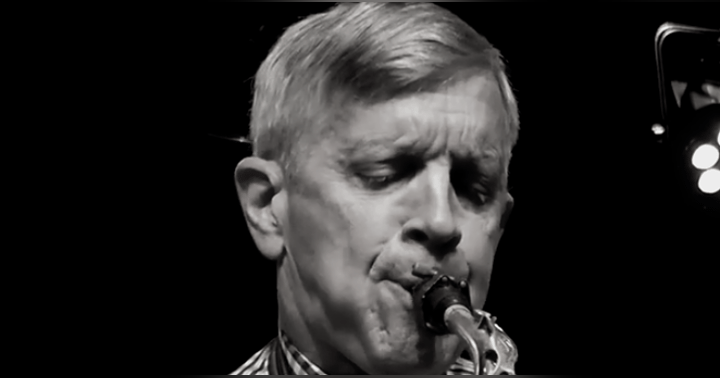Harmonized Minor Scales

Greetings JazzPianoSkills Fam!
This week my jazz piano lesson and podcast explored the harmonization of minor scales; specifically the minor Dorian Mode. As I stressed throughout the podcast episode, the harmonization of any scale is a big-time jazz piano skill. A skill that requires intense study, relentless practice, and enormous patience! With this in mind, I want to offer a few practice tips to help you practice efficiently and effectively as you tackle mastering the harmonization of minor scales.
Jazz Piano Practice Tip 1:
Always begin the study of any jazz piano skill with Paper Practice. In other words, take the time to sketch out the two-handed voicings presented in the podcast on paper (a picture is worth a thousand words!). As a JazzPianoSkills Member, you have access to the Podcast Packets (Illustrations, Lead Sheets, and Play Alongs) that you can download and use to maximize your musical growth. The Illustrations provide you with amazing diagrams and worksheets to guide your Paper Practice. Use the Worksheets to diagram the two-handed voicings frequently and do not adopt a "one and done" approach to Paper Practice! Likewise, be sure to take your completed worksheets to the piano and use them while practicing. I find it to be enormously helpful to have a picture, a diagram, of the jazz piano skill I am practicing in front of me while practicing.
Jazz Piano Practice Tip 2:
Practice SMALL! In other words, do not try to practice the harmonization of the entire minor scale initially. In the podcast, I modeled for you how to create two and three-note groupings to begin practicing and mastering the two-handed voicings. I can not adequately stress how important it is to practice any jazz piano skill using "bite-size" chunks. In doing so the jazz piano skill becomes "manageable" and will not overwhelm you. Becoming overwhelmed simply leads to frustration and quite often, a desire to throw in the towel and give up. Again, think SMALL when practicing any jazz piano skill, especially the two-handed contemporary voicings used to harmonize minor scales.
Jazz Piano Practice Tip 3:
Always place the jazz piano skill that you are practicing (harmonize minor scales) into a musical context. As a JazzPianoSkills Member, you have access to the Play Alongs that I use during the podcast episode to model practicing the jazz piano skill. Hearing the jazz piano skill in a musical context allows you to develop time, articulation, and feel that you can only develop through experiencing it; in other words, it can not be taught! Be sure to explore various tempos and grooves as well - always avoid a one dimension approach when practicing!
Jazz Piano Practice Tip 4:
Here is the most important tip of all - be PATIENT! This is a BIG-TIME jazz piano skill that will take time to gain a command of both conceptually and physically. Be methodical, consistent, and faithful with your practice approach, and a tipping point will occur. When you begin to approach any melodic line harmonically (minor scales) it can appear and feel overwhelming BUT remember this - mastery of any jazz piano skill ultimately comes down to familiarity. The more time you spend with a jazz piano skill (harmonized minor scales), the easier it becomes!
Thank you for being a JazzPianoSkills Member. I enjoy helping you discover, learn, and play jazz piano!
Warm Regards,
Dr. Bob Lawrence
JazzPianoSkills


